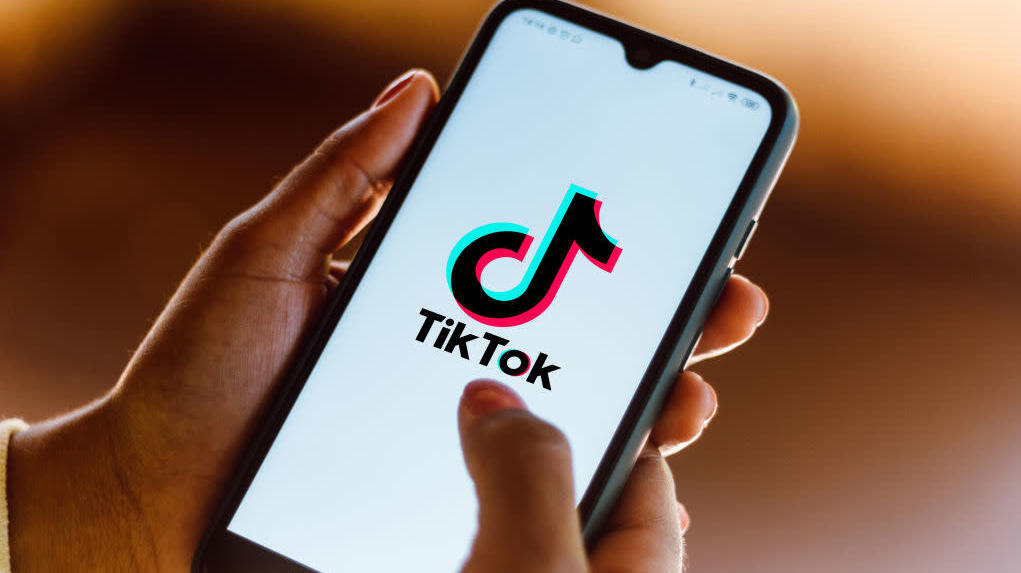Restaurant Brands Are Finally Learning How To Embrace TikTok
Social media is largely awful and mysterious, and that's particularly true for brands trying to establish a presence on TikTok. It's hard enough to figure out an entirely new platform, let alone decide what kind of content to serve to the users who power it. But if a brand can actually learn to put its trust in the type of young creative people it's afraid of listening to (or hiring as actual employees) the payoff can be enormous.
This is exactly what happened for Dunkin' when it decided to partner with TikTok sensation Charli D'Amelio, a 16-year-old from New England who has more than 90 million followers on the platform. As reported by Restaurant Business, "The centerpiece of her partnership with Dunkin' is a new drink called The Charli: cold brew with whole milk and three pumps of caramel swirl—D'Amelio's go-to order and a fixture in many of her videos."
The ad campaign was by all accounts an enormous success. According to a Dunkin' executive, sales of cold brew rose by 20% on the first day and by 45% the day after, and the brand saw a 57% increase in downloads of its app on the launch day alone, as compared to the previous 90-day average. This same sort of thing has happened for other companies as well, including those that don't have deep corporate pockets:
"Brandon Murphy, a 23-year-old kitchen manager at Liberty Hall Pizza in Lambertville, N.J., has accumulated more than 200,000 followers with fairly straightforward videos of himself making pizza in the restaurant's wood-fired oven. His very first post, from last February, has more than 8 million views."
What's so interesting about corporate TikTok is that success seems to mean learning to engage with customers in a way that might feel unnatural for less flexible brands. As told to Restaurant Business by Tressie Lieberman, the vice president of digital and off-premise marketing for Chipotle, "You can find some of the best content coming from your fan base, and then you can share that content." This runs completely contrary to attitudes held by companies like Chick-fil-A, which fired an employee for revealing a fairly benign menu hack that went viral and generated huge buzz for the company. While TikTok's future remains uncertain, at least for the moment the question isn't about whether the platform can be a useful marketing tool for companies, but if companies can get out of their own way and let their fans do their job for them.
